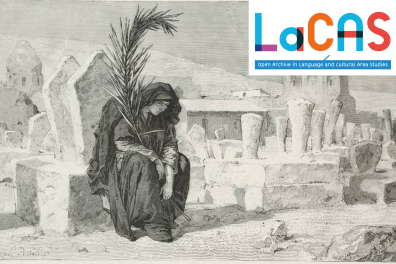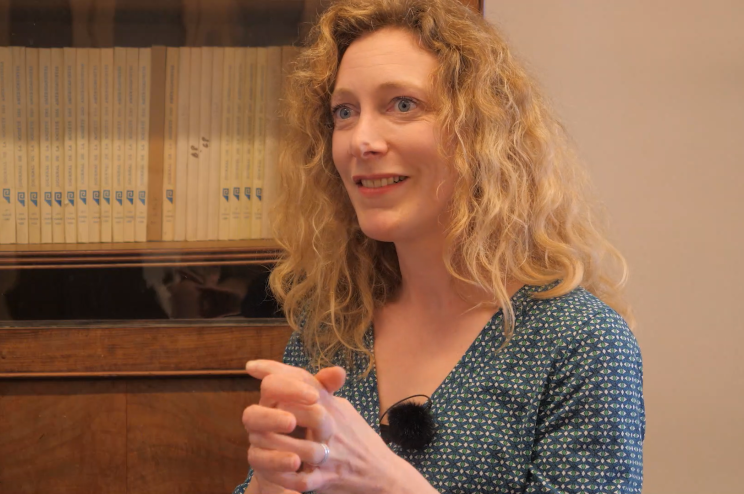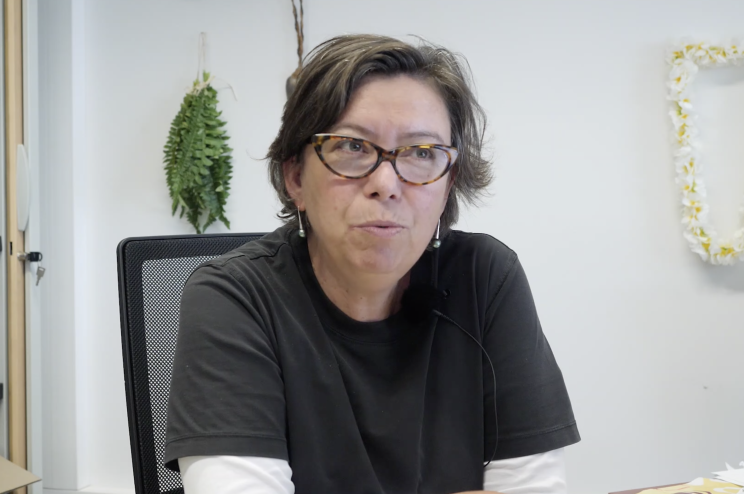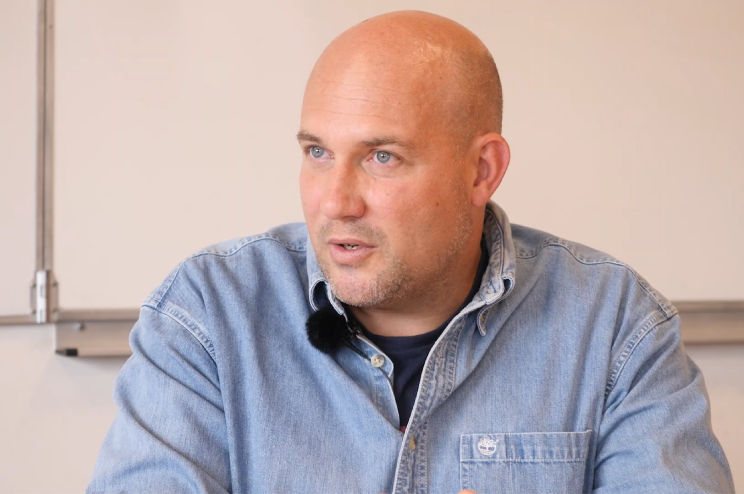The latest LaCAS I-DEA talks: vocal anthropology of mourning, decolonization in Oceania and postcolonial African sport

The interviews of the I-DEA program (Illustration and Documentation of Areal Studies) present themes studied by a researcher in areal studies, approached from different angles: problems, fields, methodologies, issues. Every two months, discover the latest interviews, available on HAL and the LaCAS platform.
Latest I-DEA talks

An anthropology of vocal practices linked to mourning and exile, interview with Estelle Amy de la Bretèque (CNRS)
Estelle Amy de la Bretèque is an anthropologist and ethnomusicologist. In this interview, she returns to the theme that links all her fieldwork (Azerbaijan, Turkey, Armenia, Greece): giving voice to absence and loss. Profoundly interdisciplinary, her research combines song and poetry, leading her to work on lullabies, laments, songs of exile and epic songs alike. View

Penser la décolonisation et ses enjeux en Océanie, entretien avec Marie Salaün (Université Paris-Cité)
Marie Salaün, an anthropologist at Université Paris Cité, looks back on her research career, first devoted to a sociohistory of the schooling of Kanak people in New Caledonia, then to the global issues involved in the decolonization of Oceania. His research interests include oceanic anthropology, colonial history, the sociology of education, and now the sociology of criminal law. View

Une histoire postcoloniale du sport entre la France et les pays africains, interview with Pascal Charitas (Université Paris Nanterre)
Pascal Charitas is a sports historian and lecturer at the UFR STAPS, Université Paris Nanterre. In this interview, he presents his academic background and his object of study: postcolonial Franco-African sports cooperation. He outlines his approach as a historian and Africanist, as well as the relationship to Africa and archival fields in this field of areal studies. View